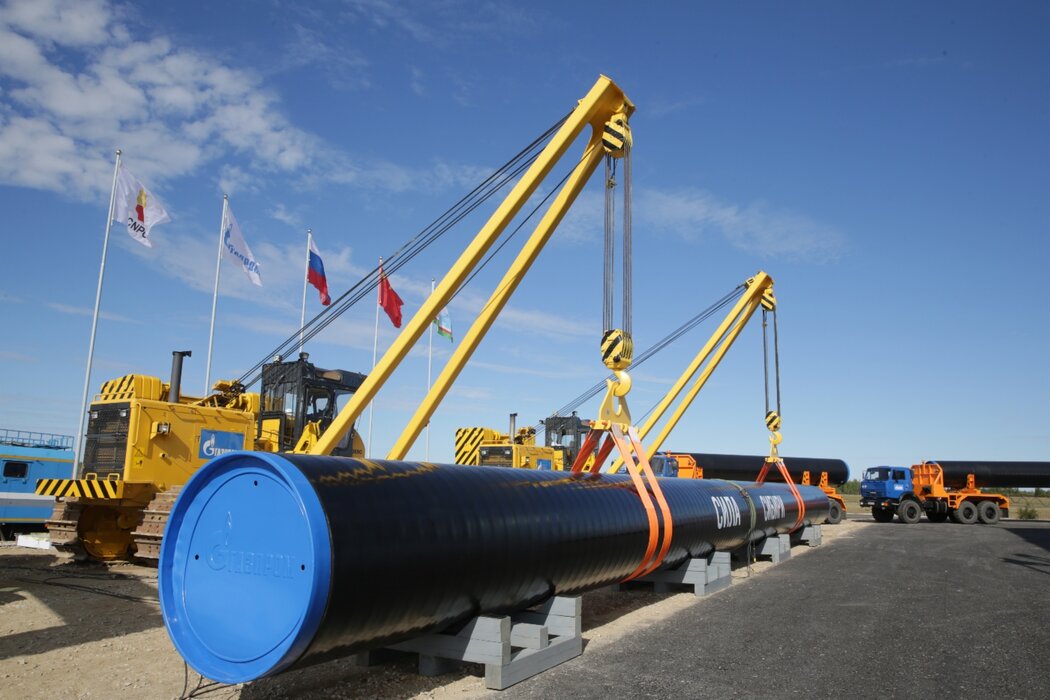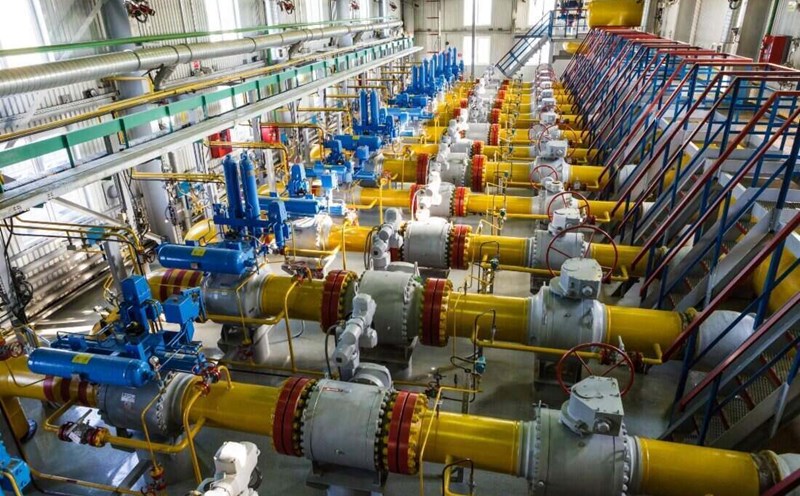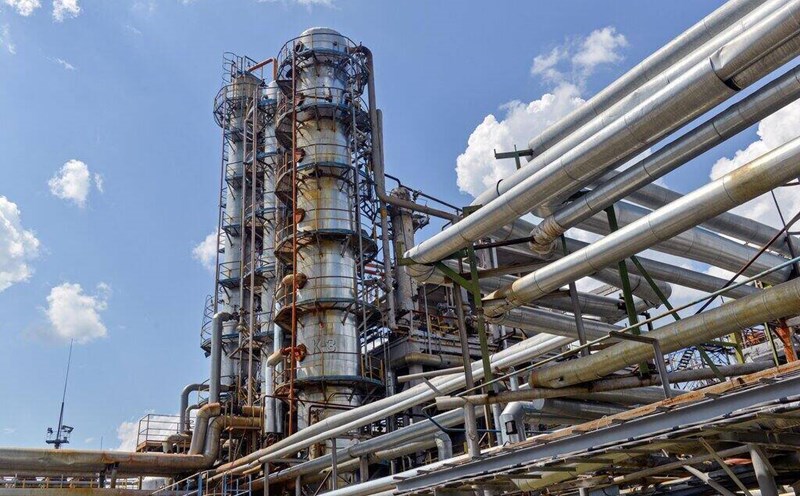The conflict between Israel and Iran has prompted Chinese leaders to return to the project of the gas pipeline from Russia to China, opening up the possibility of restarting a plan that has been stalled for many years.
The Power of Siberia 2 pipeline project has stalled due to many disagreements over prices and ownership terms, as well as China's concerns about over-reliance on Russia in the energy sector.
However, recent conflicts in the Middle East have forced Beijing to reconsider the reliability of oil and gas supplies from the region.
According to consulting firm Rystad Energy, about 30% of China's current imports of liquefied natural gas (LNG) from Qatar and the United Arab Emirates come from the Hormuz Strait, a strategic shipping route that Iran has threatened to freeze. In recent years, China's independent refineries have also relied on cheap crude from Iran.
More than 90% of Iran's oil exports are currently into China. Beijing is also looking to increase oil imports from Russia, which currently accounts for about a fifth of total oil supplies to China.
The uncertain and unpredictable developments of the military situation have shown that having a stable supply via a pipeline on land has clear geopolitical benefits. Russia can benefit from that," said Alexander Gabuev, director of the Russia- A A A A As Carnegie Center, a China-Russia relations expert.

Russian state media has also been tense in the Middle East with China's interest in reviving the Power of Siberia 2 project. Analysts said that Russia will try to include this project in the agenda of President Vladimir Putin's visit to China to meet President Xi Jinping in September.
In addition to the current instability in the Gulf region, the US-China trade war has also caused LNG exports from the US to China to stagnate in the past few months. In the long term, as China pursues green energy goals, analysts said that Beijing still considers gas a transitional fuel between the fossil fuel and post-carbon era.
Russia lost its largest energy market as Russian gas exports to Europe were halted by the conflict in Ukraine, so it is taking great interest in promoting the Power of Siberia 2 project.
China also wants to strengthen relations with Russia in the current geopolitical context, and promoting the stalled gas pipeline project could help strengthen that relationship.
However, even if the two sides reach an agreement, analysts predict that the Power of Siberia 2 pipeline will take at least 5 years to build, similar to the previous 2,900km Power of Siberia pipeline. There are still many other major barriers, including disagreements on gas prices and the large investment needed for large-scale construction.










